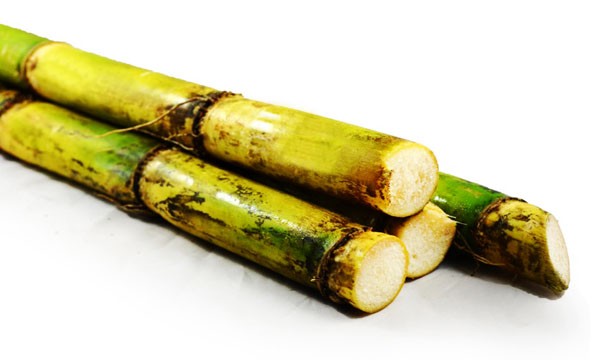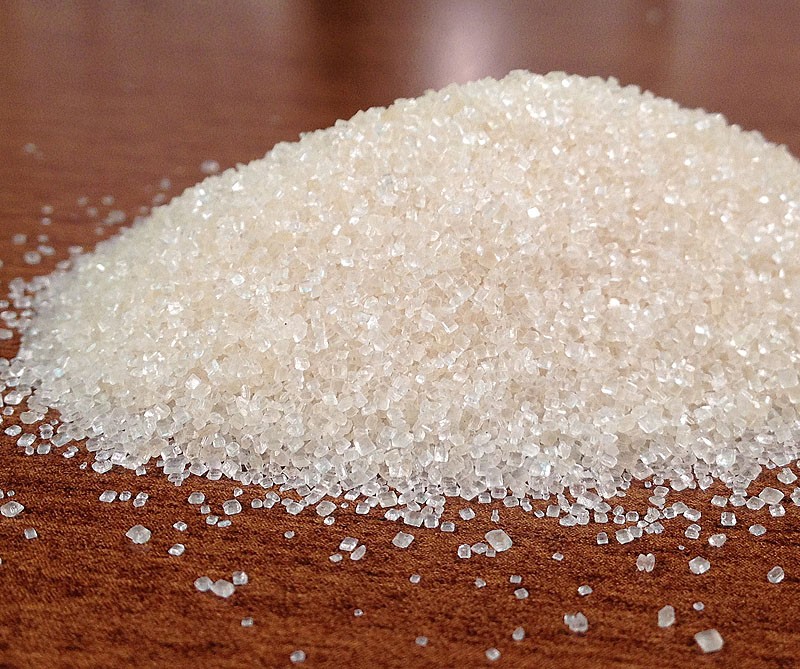An In-depth Overview of the Wellness and Economic Implications of Walking Stick Sugar Processing on Regional Areas
Walking cane sugar processing plays an essential role fit the economic landscape of neighborhood areas, offering job opportunity and stimulating ancillary markets. Nonetheless, the health ramifications related to high sugar intake can not be overlooked, as they add to increasing prices of obesity and diabetic issues. This nuanced dynamic welcomes a vital exam of how neighborhoods can optimize financial gains while resolving journalism health difficulties they encounter. The exploration of sustainable techniques and educational campaigns might just hold the secret to reconciling these clashing passions. What approaches might areas execute to accomplish this balance?
Financial Benefits of Cane Sugar Handling
Walking stick sugar handling uses substantial financial advantages that extend past the prompt agricultural industry. The cultivation and processing of sugarcane develop countless task chances, from farming to manufacturing and distribution. This employment generation not just supports local economies yet also fosters area advancement by providing steady income resources for family members.
Furthermore, the sugar industry promotes supplementary businesses, including transport, tools supply, and product packaging solutions (Cane Sugar Processing). As these sectors expand, they add to an extra robust financial structure, enhancing overall neighborhood resilience. The export possibility of refined walking cane sugar further enhances economic benefits, positioning areas as competitive players in international markets
Investment in modern processing facilities can lead to raised performance and effectiveness, thereby reducing waste and maximizing source usage. This change not only benefits the neighborhood economic situation however also sustains sustainability efforts by reducing ecological impacts.
Furthermore, the earnings generated from walking stick sugar handling can be reinvested in regional framework, education and learning, and health care, advertising holistic neighborhood development. In general, the economic advantages of walking cane sugar handling are multifaceted, giving a structure for sustaining prosperity in agricultural regions.
Health Risks Related To Sugar Consumption
Excessive sugar consumption presents significant wellness dangers that warrant major attention. High intake of sugarcoated, particularly from refined foods and drinks, has been linked to numerous health difficulties. Among the most important concerns is excessive weight, as sweet diets add to a boosted caloric intake without supplying vital nutrients. This excess can result in metabolic conditions, including type 2 diabetes mellitus, which has become increasingly widespread in both grownups and kids - Cane Sugar Processing.
Moreover, high sugar consumption is related to cardio condition. Elevated blood sugar level levels can lead to insulin resistance, a forerunner to different heart-related problems. Additionally, sugar can have detrimental effects on dental wellness, leading to dental caries and gum tissue condition, as bacteria in the mouth prosper on sugar, creating acids that deteriorate tooth enamel.
Additionally, arising study suggests a prospective web link between high sugar usage and psychological wellness disorders, such as depression and anxiety. As communities face these wellness threats, it comes to be essential to advertise recognition and motivate much healthier nutritional selections. Attending to sugar intake is vital not just for specific health yet also for the total well-being of local areas, emphasizing the demand for comprehensive public health approaches.
Environmental Impacts of Sugar Manufacturing
Frequently forgotten in discussions concerning sugar's implications is the considerable environmental effect of sugar manufacturing. The growing of sugarcane often requires comprehensive land use, leading to logging, loss of biodiversity, and interruption of local communities. The conversion of woodlands and wetlands right into sugar vineyards can result in environment destruction, threatening various varieties and altering ecological equilibrium.
Moreover, sugar manufacturing is resource-intensive, consuming substantial quantities of water for watering. This can cause deficiency of neighborhood water sources, detrimentally impacting both farming techniques and neighborhood access to clean water. In addition, making use of chemical plant foods and pesticides in sugarcane farming can add to dirt degradation and water pollution, as drainage from these chemicals goes into close-by rivers and lakes, impacting aquatic life and human wellness.
The ecological impact includes the handling phase, where power intake and waste generation more exacerbate eco-friendly worries. Air contamination from melting sugarcane fields, along with greenhouse gas discharges, contribute to environment modification. Thus, the ecological implications of sugar production warrant severe consideration, urging stakeholders to adopt more lasting practices to mitigate these adverse special info effects on local environments and communities.
Work Production and Neighborhood Advancement
The ecological challenges posed by sugar production are commonly counterbalanced by its potential for financial advantages, particularly in task development and community development. The cane sugar market functions as a substantial source of work in numerous backwoods, providing work throughout various skill degrees, from agricultural labor to handling and distribution functions. This work not just supports individual families yet likewise adds to the general economic vitality of regional areas.
In addition, the facility of sugar handling centers boosts secondary businesses, such as transport solutions, tools supply, and maintenance service providers. As these companies flourish, they produce extra tasks and boost neighborhood economies. The revenue produced from the sugar industry likewise causes boosted tax obligation revenues, which can be reinvested into neighborhood solutions such as healthcare, facilities, and education and learning development.
Furthermore, the sugar industry typically takes part in area growth campaigns, such as supporting neighborhood schools and wellness programs, therefore enhancing the high quality of life for citizens. By cultivating solid neighborhood connections and advertising financial development, the cane sugar processing field plays an essential function in uplifting regional populaces, making it an important element of lasting advancement techniques in why not look here sugar-producing regions.
Harmonizing Health And Wellness and Economic Development
In navigating the complexities of walking stick sugar processing, a critical obstacle hinges on stabilizing health considerations with economic development. The sugar market considerably adds to neighborhood economic situations by creating tasks, stimulating relevant sectors, and enhancing tax incomes. Nonetheless, the health ramifications related to excessive sugar intake can result in chronic illness such as obesity, diabetic issues, and cardio issues, which can problem public wellness systems and decrease labor force productivity.

Moreover, regulatory frameworks can play a critical duty in assisting sector techniques towards even more health-conscious and sustainable techniques. By promoting collaboration in between government bodies, health organizations, and the sugar sector, areas can navigate the dichotomy of health and wellness and economic growth, making certain that the advantages of cane sugar handling are equitably shared while focusing on public health.
Conclusion
Finally, the processing of cane sugar presents both substantial financial advantages and remarkable wellness dangers for local communities. While it promotes task production and promotes regional advancement, the affiliated wellness problems, particularly regarding excessive weight and diabetic issues, necessitate a mindful balancing look at these guys act. By advertising liable intake and investing in area education and lasting techniques, it is feasible to make the most of economic benefits while reducing damaging wellness results, thereby making certain a much healthier future for local populations.
Additionally, sugar can have detrimental impacts on dental wellness, resulting in tooth cavities and periodontal disease, as microorganisms in the mouth grow on sugar, producing acids that deteriorate tooth enamel.
Resolving sugar consumption is crucial not just for specific health but also for the general wellness of neighborhood communities, stressing the requirement for detailed public health and wellness methods.
Regularly ignored in conversations concerning sugar's effects is the substantial ecological influence of sugar production. The health and wellness effects connected with too much sugar usage can lead to chronic illness such as obesity, diabetes mellitus, and cardio problems, which can concern public health systems and reduce labor force efficiency.
